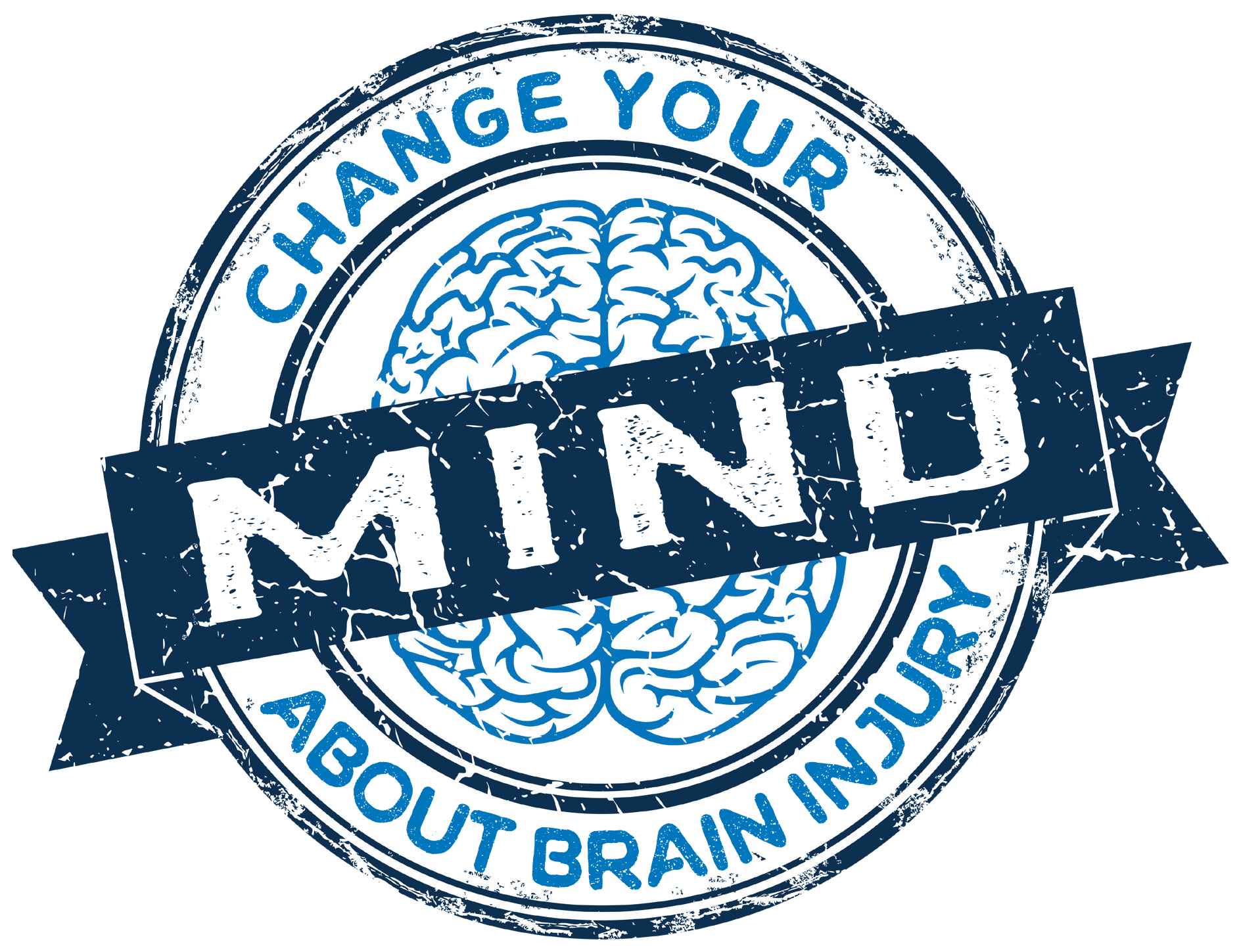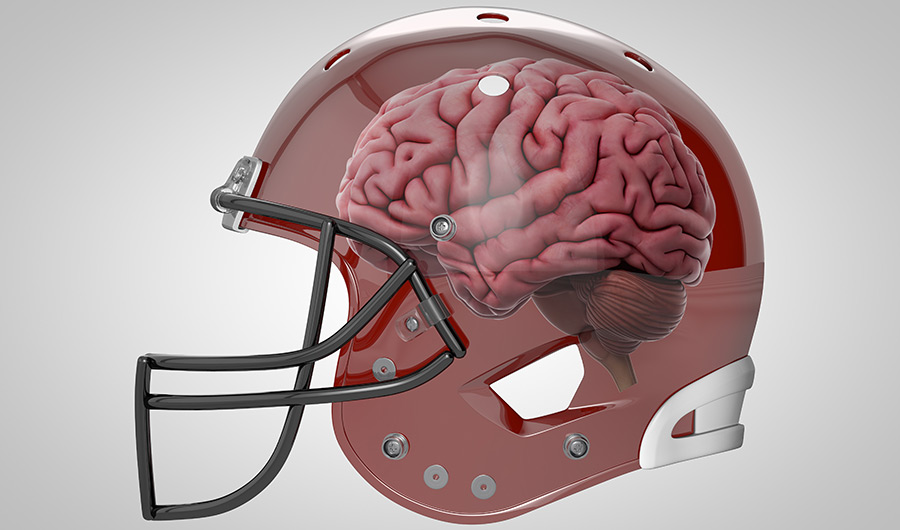
Brain Injury Awareness

The CDC defines a traumatic brain injury (TBI) as a disruption in the normal function of the brain that can be caused by a bump, blow, or jolt to the head, or penetrating head injury. Everyone is at risk for a TBI, especially children and older adults. Each year at least 1.7 million cases of TBI occur in the US. That means someone sustains a brain injury every 9 seconds. Although the vast majority of these injuries are mild, every day 137 people die in this country from a TBI. The most common causes of TBI are falls, motor vehicle crashes, being struck by an object and domestic/child abuse. Currently, between 3.2 and 5.3 million Americans are living with permanent disabilities caused by TBI. Brain injury is often referred to as the “silent epidemic” since most survivors of brain injury do not have consequences that are visible or easily seen, and most people don’t know about the effects and long-term consequences of brain injury.
March has been designated as brain injury awareness month. The theme for 2020 is “Change Your Mind” with the goal of educating the general public about the incidence of brain injury and the needs of people with brain injuries. The brain controls everything we think, do, and feel and the effects of brain injury can be seen in nearly every aspect of body and mind. A brain injury can cause wide ranging effects to physical, cognitive, emotional, and social functioning. In a TBI nerve fibers are severed and stretched, slowing or completing disrupting their functions. Just like every brain is different, every brain injury is different, and the effects of brain injury are unpredictable. Brain scans and other tests are not always able to show the full extent of injury, especially early on. Sometimes, mild injuries can have devastating consequences while individuals with severe injuries can experience dramatic recoveries. The types of effects that are experienced are based on the severity of damage, the specific brain structures that were involved, and characteristics of the person injured. Age, cognitive ability, previous brain injuries and general health all influence recovery. TBI survivors may process information more slowly, have difficulty remembering new information and be inconsistent in task performance. Poor judgement, impulsivity and lacking awareness of their weakness compound their difficulties.
During Brain Injury Awareness Month, The Brain Injury Alliance of New Jersey sponsors #TBIAffectedMe (https://bianj.org/brain-injury-awareness/) to support brain injury awareness. These stories bring the statistics alive with names and faces that remind us brain injury can happen to anyone, anytime.
Stress and Exhaustion Can Lead to Higher Risk of Heart Disease

February was American Heart Month and it’s always a good reminder for individuals to focus on their hearts. New research suggests that if you’re feeling chronic stress and burnout, otherwise known as mental and physical exhaustion, you could be at a higher risk for Atrial fibrillation (also known as AFib). AFib is the most common heart rhythm disorder and leading cause of stroke in the U.S. and Europe, affecting more than 33 million people worldwide.
Studies in the past have linked stress, obesity, high blood pressure, and smoking as prime risk factors of other heart disease, but this new study is the first to really link exhaustion to potentially increasing one’s risk for a cardiac arrhythmia.
According to the American Institute of Stress, 80% of American workers say they feel stress on the job, and half of those say they need help with managing stress. But it’s more than work – it’s the 24-hour news cycle, the constant connection to social media, and a race to be the best at what you do, both at home and at work. Burnout and fatigue can be any type of stressor, not just work, but personal stress or home/family tension, affecting anyone who is chronically stressed and who suffers from chronic exhaustion.
When it comes to AFib, past study results have been mixed. Some studies have shown a link between AFib and anger or post-traumatic stress syndrome, while others suggest depression and other psychosocial impacts are a result of having the condition rather than a cause of it. In this recent study, people who scored the highest in “vital exhaustion” were more likely to develop AFib. It’s associated with increased inflammation and increased activation of the body’s physiologic stress response. When these two things are chronically activated, they can have serious and damaging effects on the heart tissue, which could eventually lead to this arrhythmia.
The current study is a preliminary, first-step evaluation that needs more research. However, the main take-home message is that high levels of stress or exhaustion can have an impact on your heart, as well as your mind.
Hope Trust serves clients throughout the United States.

